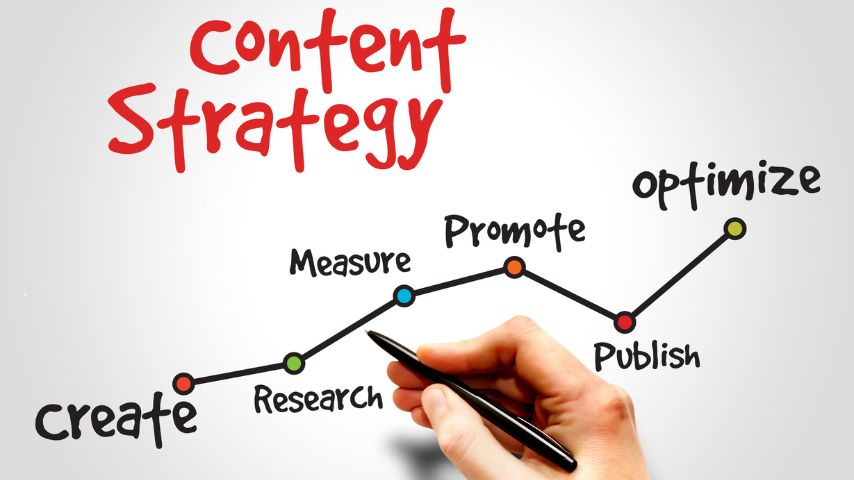Introduction
As the legal industry evolves in the digital age, lawyers are continually seeking innovative ways to enhance their efficiency. Known by everyone by now. One revolutionary tool that has emerged is ChatGPT. An artificial intelligence (AI) language model developed by OpenAI. By harnessing the power of AI, lawyers can transform their legal practice and achieve new levels of success. In this blog post, we will explore how ChatGPT can benefit lawyers and revolutionize the way they work.
How ChatGPT Can Revolutionize Your Legal Practice
Improved Efficiency:
In the legal profession, time is a valuable resource. Lawyers often spend hours conducting legal research, drafting documents, and answering client queries. ChatGPT can significantly reduce the time spent on these tasks by providing quick and accurate answers to legal questions. With its vast knowledge base and ability to comprehend complex legal concepts. ChatGPT can swiftly analyze and interpret legal documents. Saving lawyers valuable time, AI technology allows them to allocate their time to other critical tasks.
Enhanced Legal Research:
Legal research is a fundamental aspect of a lawyer’s work. ChatGPT can act as a research assistant, swiftly sifting through an extensive database of legal information to find relevant cases. Lawyers can input their research queries into ChatGPT and receive concise summaries and analyses of relevant legal precedents. This streamlined process allows lawyers to access vital information promptly. Ensuring they stay up to date with legal developments and strengthen their arguments.
Document Drafting:
Drafting legal documents can be a time-consuming and meticulous process. ChatGPT can streamline this task by offering suggestions and generating draft content based on specific requirements. Lawyers can input the necessary details, such as client information and the purpose of the document. And ChatGPT can provide a starting point or offer alternative language options. This collaboration between lawyer and AI ensures that the document is comprehensive and accurate while saving valuable time.
Client Support:
Providing exceptional client service is crucial for any lawyer. ChatGPT can play a significant role in enhancing client support by offering real-time responses to frequently asked questions. Through a chat interface, clients can engage with ChatGPT, receiving immediate answers to their queries. This not only improves client satisfaction but also frees up lawyers’ time to focus on more complex legal matters.
Ethical Considerations:
While AI tools like ChatGPT bring immense benefits, it is essential for lawyers to remain mindful of the ethical implications. Lawyers must exercise caution by relying solely on AI-generated information and thoroughly reviewing any output from ChatGPT. Human judgment and legal expertise are irreplaceable. And lawyers should always use their training and experience to validate and verify AI-generated results.
Data Security and Confidentiality:
Lawyers handle sensitive and confidential client information on a daily basis. When using AI tools like ChatGPT, it is crucial to ensure data security and maintain client confidentiality. Lawyers should choose reputable AI platforms that prioritize robust data protection measures. It is also essential to review the terms of service. To understand the privacy policies and how the AI tool handles data. To take necessary precautions to safeguard client information.
How Can ChatGPT Can Assist Lawyers in Their Practice

Legal Research: ChatGPT can act as a powerful research tool, helping lawyers quickly locate relevant legal cases, statutes, regulations, and legal commentary. Lawyers can input their research queries, and ChatGPT can provide summaries, analyses, and citations to support their legal arguments.
Document Review and Analysis: ChatGPT can assist lawyers in reviewing and analyzing legal documents, such as contracts, agreements, pleadings, and court decisions. It can identify key provisions, flag potential issues, and provide insights into legal implications, helping lawyers make informed decisions.
Document Drafting: ChatGPT can generate draft content for various legal documents, including contracts, letters, pleadings, and legal opinions. Lawyers can input specific details, and ChatGPT can offer suggestions, and alternative language options. Or even provide a starting point for drafting, saving lawyers time and effort.
Case Assessment and Strategy: Lawyers can use ChatGPT to assess the strength of their cases and develop effective legal strategies. By analyzing the facts, legal arguments, and relevant precedents. ChatGPT can provide insights and perspectives that lawyers can consider when formulating their case strategies.
Client Communication and Support: ChatGPT can enhance client communication by providing real-time responses to common legal questions. Clarifications on legal processes, and explanations of legal concepts. Clients can engage with ChatGPT through a chat interface, receiving immediate answers and support. Freeing up lawyers’ time for more complex matters.
Legal Compliance: ChatGPT can assist lawyers in ensuring legal compliance for businesses and organizations. It can help identify relevant laws and regulations, interpret compliance requirements, and provide guidance on best practices.
Continuing Legal Education: Lawyers can use ChatGPT as a learning tool to enhance their knowledge and stay updated with legal developments. It can provide summaries and explanations of legal topics, and offer insights into recent case law. Assist in legal research for continuing education purposes.
It’s important to note that ChatGPT can be a valuable resource. It should not replace the expertise and judgment of a qualified lawyer. Human review and critical analysis are still essential to validate and verify the information provided by ChatGPT. Lawyers should always exercise professional judgment and use their legal training and experience in conjunction with AI tools like ChatGPT.
In conclusion, ChatGPT is a game-changer for the legal profession. Enabling lawyers to streamline their workflow, enhance legal research, optimize document drafting, and improve client support. However, it is crucial to strike a balance between the benefits of AI and the indispensable role of human judgment. By embracing AI tools like ChatGPT and leveraging them ethically. Lawyers can unlock new levels of productivity and deliver exceptional legal services in the digital era.



